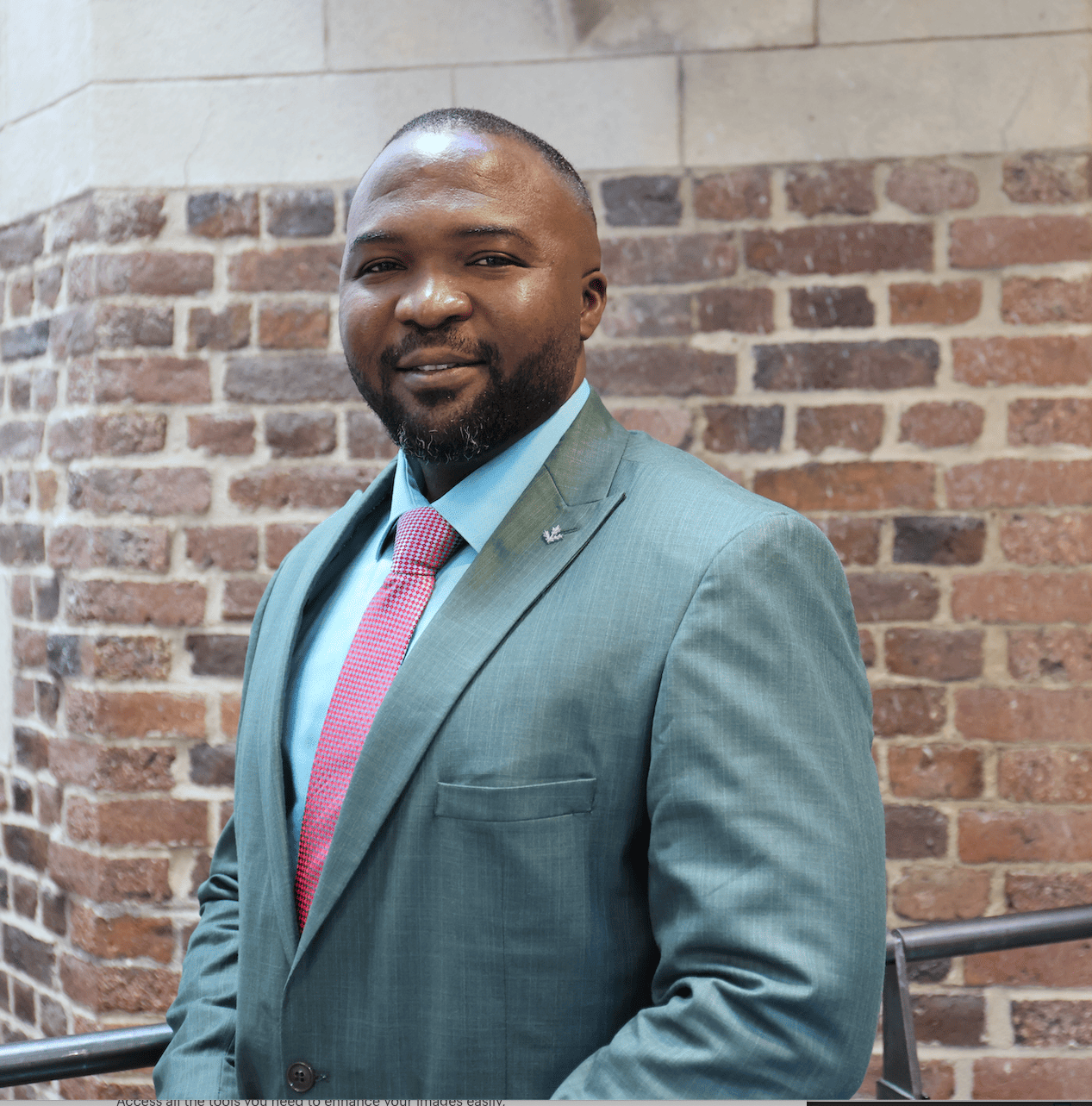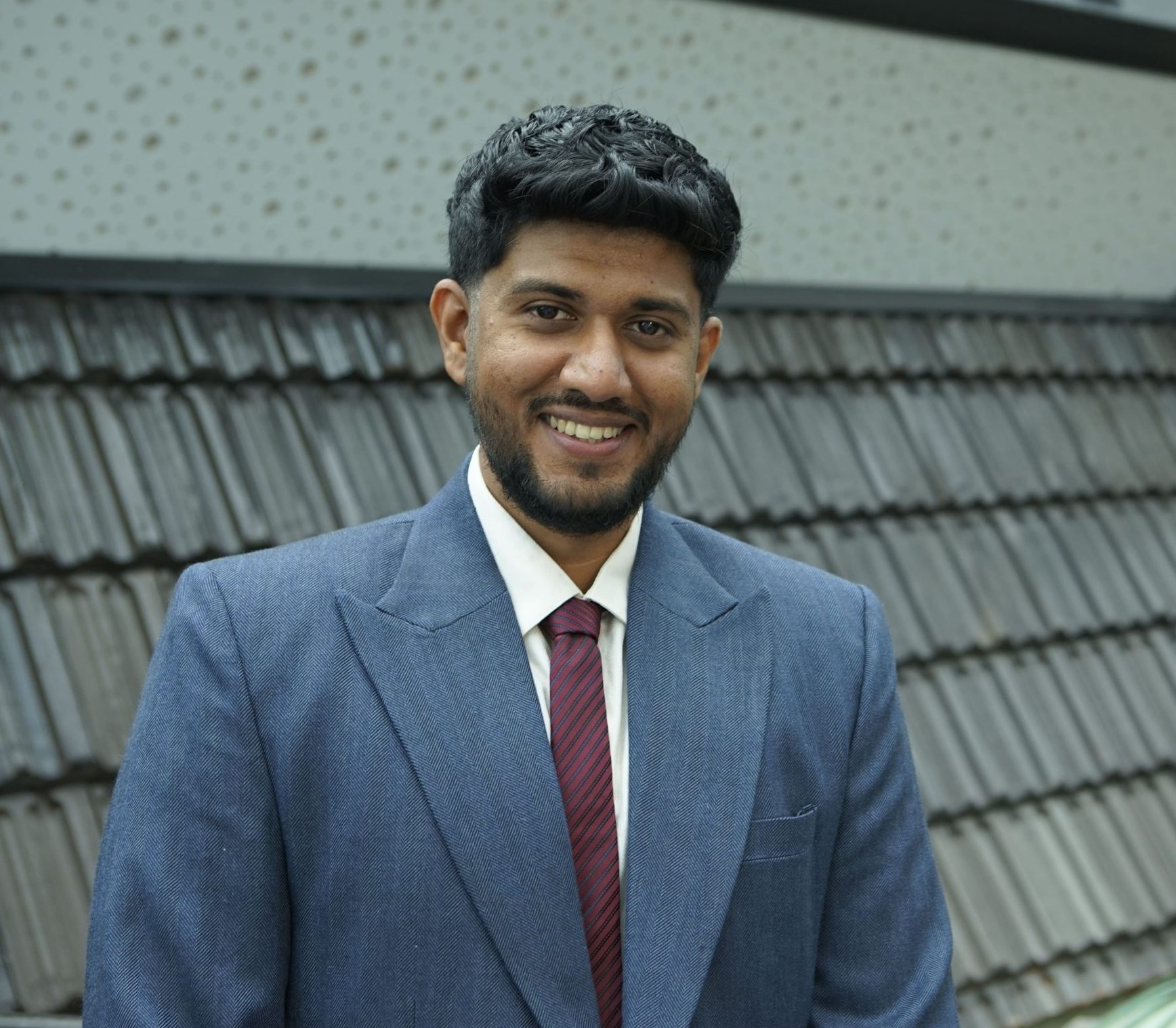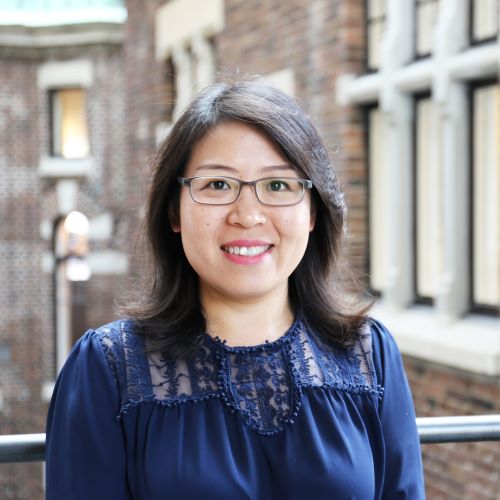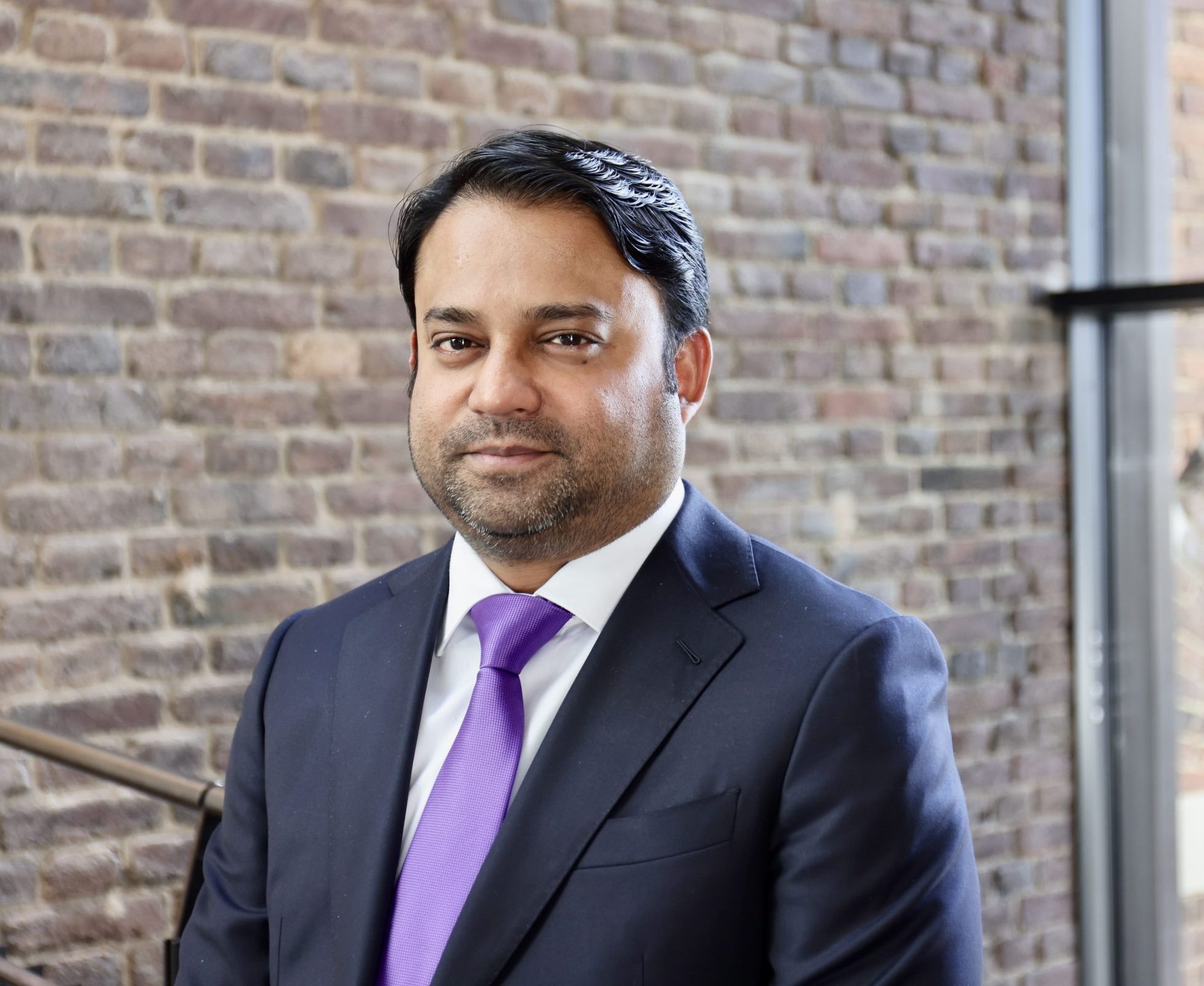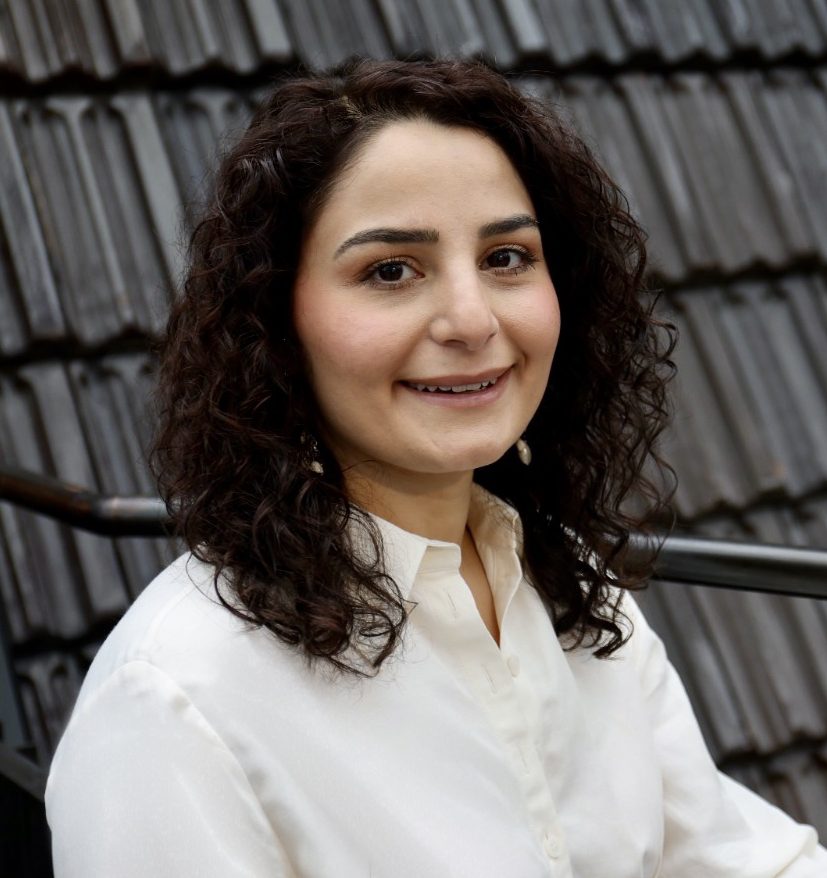Tackling the Triple Planetary Crisis in
Areas Beyond National Jurisdiction
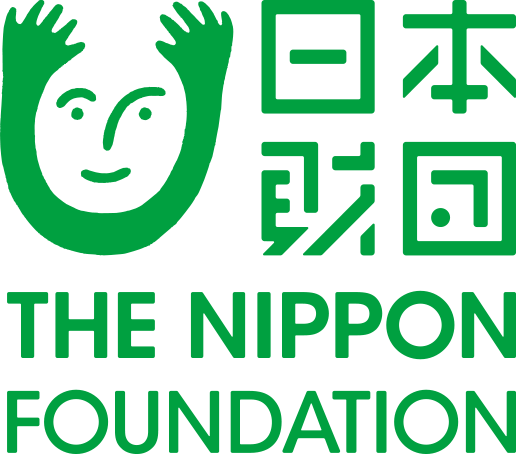
sign up for the newsletter
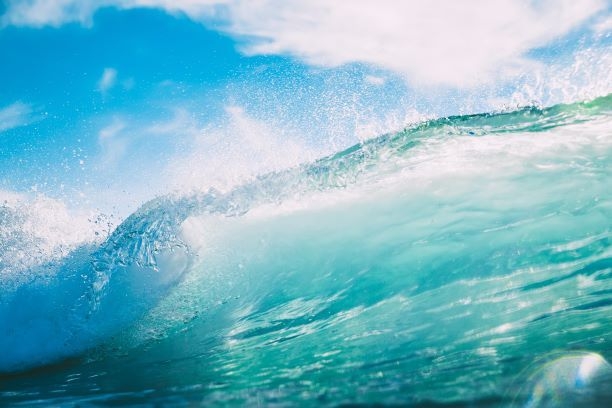
TACKLING THE TRIPLE PLANETARY CRISIS IN AREAS BEYOND NATIONAL JURISDICTION
The Future Ocean Programme is concerned with the future of ocean governance over a fifty-year span (2024 - 2074). This future will be determined by how we tackle the triple planetary crisis of catastrophic loss of biodiversity, human induced climate change, and pollution of the marine environment including plastic pollution.
2024
2074
The programme will deliver both scholarly outcomes and policy-relevant and accessible research outputs, making positive impacts on regional and international processes relating to the protection and sustainable use of areas beyond national jurisdiction, while building regional and national capacity.
FOR MORE INFORMATION
PROGRAMME DELIVERABLES
REGIME AND INSTITUTIONAL INTERACTIONS

Mapping existing ocean regimes and institutions that address critical issues such as climate change, biodiversity loss, and pollution.
NON-STATE ACTORS & RIGHTS BASED APPROACH
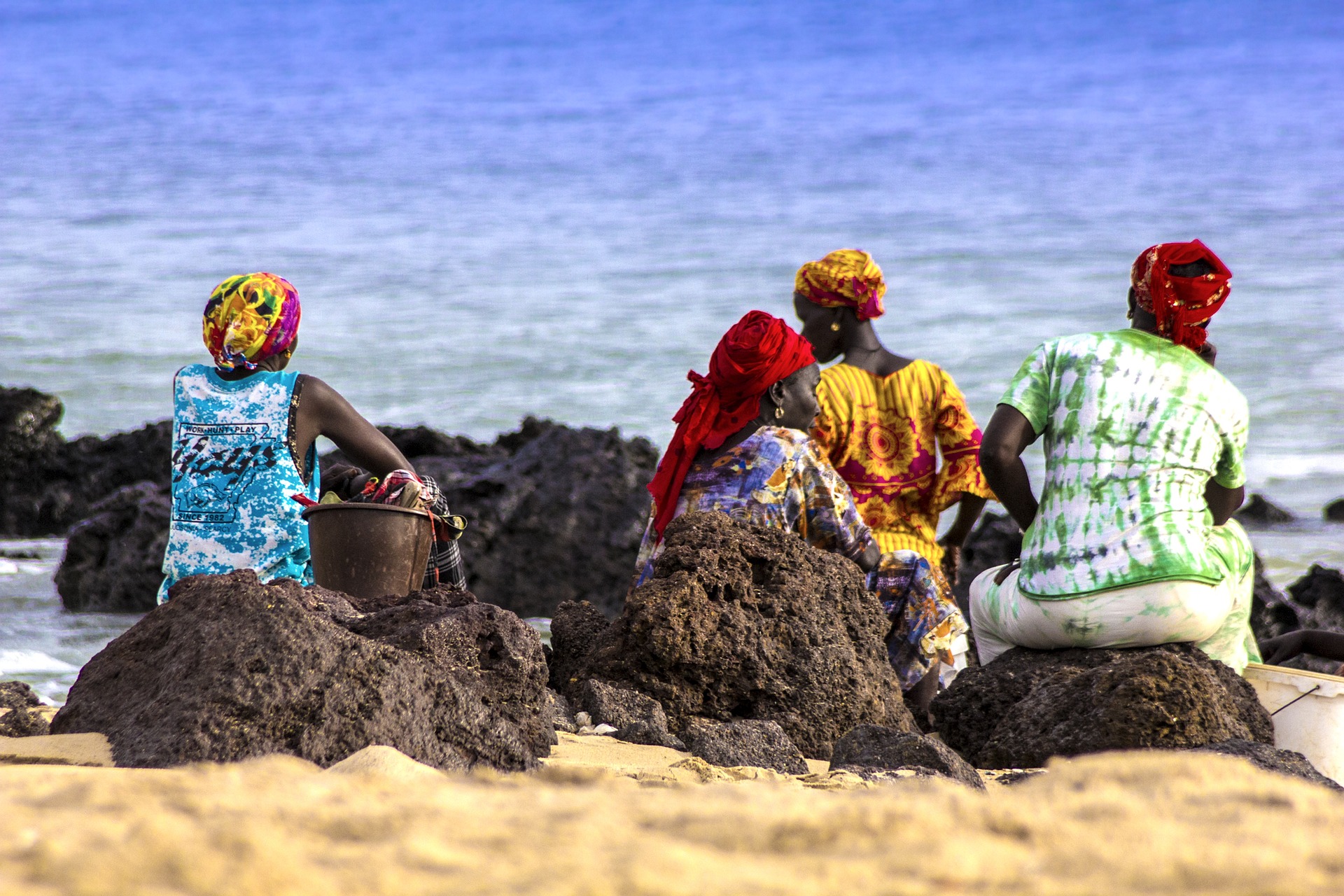
Engaging non-traditional actors in the protection and preservation of areas beyond national jurisdiction.
OCEAN OBSERVATION
TECHNOLOGIES
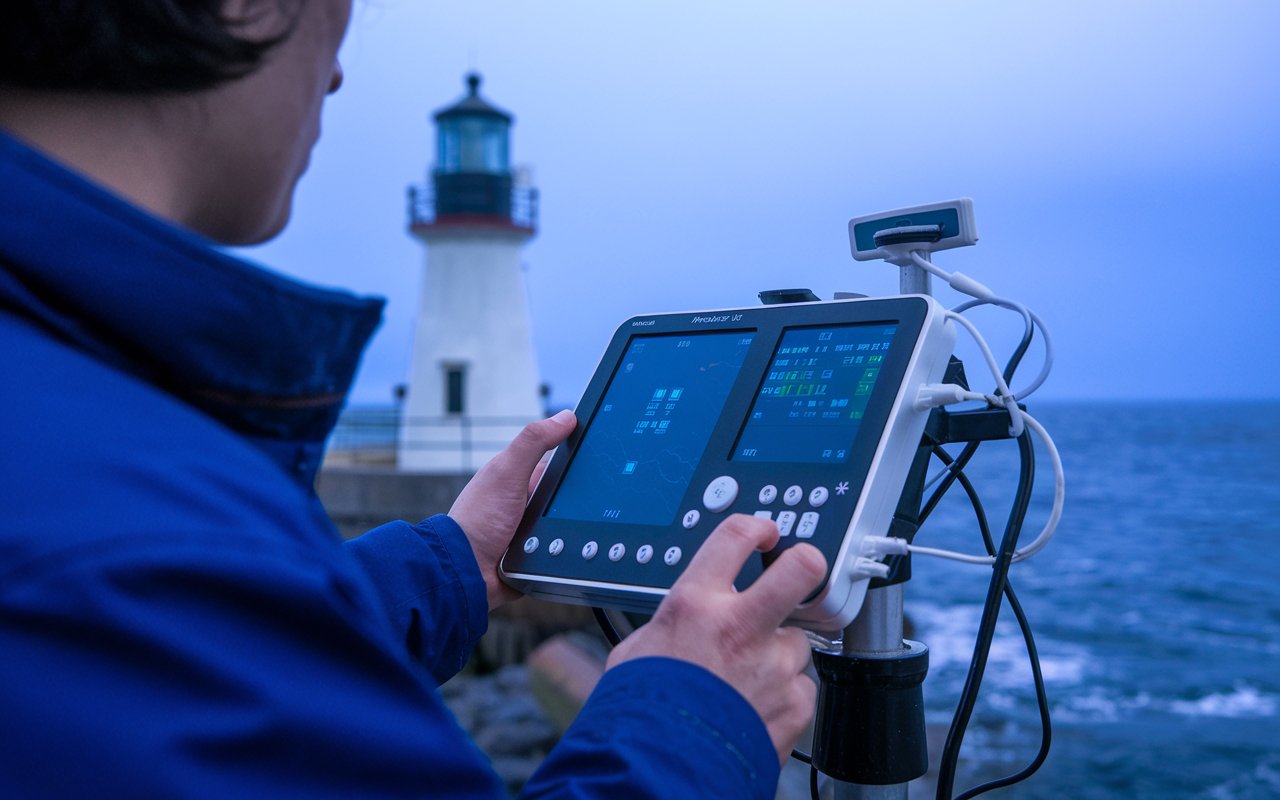
Co-Designing a Future Blueprint for Ocean Observation Technologies to Combat the Triple Planetary Crisis.
FUTURE OF OCEAN
GOVERNANCE

The future of ocean governance and its interconnections with pressing economic and social issues over this fifty year span.
Generate knowledge and understanding of how law, political science, and public policy are used to effect change in humanity’s relationship with the ocean.
Facilitate the rapid ratification and effective implementation of the BBNJ Agreement in developing countries, especially by Small Island Developing States (SIDS), and coastal Least Developed Countries (LDCs).
Explore regulatory issues concerning emerging activities and new technologies/artificial intelligence.
Leverage the urgency to tackle a shared existential crisis and foster a better understanding of multilateral lawmaking and related processes with the aim to achieve shared opportunities for the global community with a particular focus on developing States.
Advance the interests and knowledge of non-State actors, and expand opportunities for women and other underrepresented groups.
Examine legal and governance tools to combat the negative impacts of climate change, biodiversity loss, and pollution which place immense pressure on marine resources and ecosystems.

VONINTSOA rafaly
postdoctoral fellow
WMU-Sasakawa Global Ocean Institute
“Law is often taken for granted. Yet, as tangible objects, law has an agential role. In fact, as it operates in different localised realities, law forms, performs and reforms social realities. For centuries, norms were adopted, institutions were established, and legal processes were developed to address ocean-related issues. Yet, more often than not, they failed us in reaching their purposes.
My research aims to critically reflect on the agential role of law amidst the triple planetary crisis, to foster desirable and equitable futures for ocean governance. Taking an interdisciplinary perspective, I examine how norms, institutions, and legal processes yield distributional effects as they operate and evolve in different political, social, technical, and ecological conditions, at the intersection of ocean, biodiversity, and climate change governance, toward environmental stewardship and transformative governance.”
Vonintsoa Rafaly is a Postdoctoral Fellow at the World Maritime University (WMU)-Sasakawa Global Ocean Institute, under the Future Ocean Programme funded by The Nippon Foundation.
Law of the Sea, International Environmental Law, International Fisheries Law, Ocean Justice, Legal Infrastructures.
Ayo Olusola Pacheco
phd candidate
WMU-Sasakawa Global Ocean Institute
"The Triple Planetary Crisis—climate change, pollution, and biodiversity loss—threatens to irreversibly degrade our oceans. To break this cycle, we need a comprehensive governance approach that integrates maritime legal frameworks, promotes collaboration, and harnesses advanced observation technologies. My research, titled “Assessing and Mitigating Deep-Sea Mining Impacts on Biodiversity Conservation in Areas Beyond National Jurisdiction: Gulf of Guinea and Walvis Ridge” focuses on fragile deep-sea ecosystems that face escalating threats from human activities. By harmonizing regulations, engaging stakeholders, and utilizing cutting-edge assessment tools, I propose measures to mitigate biodiversity loss and enhance ecosystem resilience. The objective is to ensure that deep-sea resource exploitation aligns with sustainable ocean governance, thereby safeguarding marine biodiversity for future generations.”
Ayo Olusola Pacheco is a PhD candidate in Maritime Affairs at the World Maritime University (WMU)-Sasakawa Global Ocean Institute, under the Future Ocean Programme funded by The Nippon Foundation.
Law of the Sea, Blue Economy, Environmental Justice, Ocean Technologies, Biodiversity Conservation.
Suriya Narayanan Sundararajan
phd candidate
WMU-Sasakawa Global Ocean Institute
"My perspective on sustainable ocean governance encompasses not only technological innovation but also the dynamic interplay of regimes and institutions that shape its application. I believe that only through cohesive legal, economic, and technological frameworks can we navigate toward a more equitable future for our oceans. In this regard, I support and embrace the integrative approach of the Future Ocean Programme, where intergovernmental institutions, regulatory regimes, and cutting-edge ocean technologies evolve together. By ensuring that progress unfolds under effective stewardship, I envision a future where technological innovation and ecological integrity are not in conflict but instead co-author a new maritime epoch.
This vision aligns closely with my doctoral research on "Triple Planetary Crisis in Areas Beyond National Jurisdiction: The Interface of Ocean Observation Technologies and the Ocean Law Architecture to Address the Harmful Effects of Offshore Activities in the Indian Ocean Region." My work explores how advanced ocean observation technologies, when buttressed by a robust legal framework, can help mitigate the environmental threats posed by offshore activities in areas beyond national jurisdiction, reinforcing the need for a governance model where science, law, and policy work in unison to protect the future of our oceans."
Mr Suriya N. Sundararajan is a PhD candidate in Maritime Affairs at the World Maritime University (WMU)-Sasakawa Global Ocean Institute, under the Future Ocean Programme funded by The Nippon Foundation.
International Law, Ocean Technologies, Regime and Institutional Interaction, Law of the Sea.
TIM Pöppel
carlo schmid programme fellow
WMU-Sasakawa Global Ocean Institute
“The current crisis of multilateralism shows what a lot of researchers have already indicated: Public international law can be a “toothless tiger”. However, this is not “part of its DNA”, but merely comes from a lack of effective implementation of international norms. Thus, compliance with such norms can be achieved, if effective, inclusive and democratic implementation takes place.
To figure out how such implementation must be designed is at the heart of my research interests. I truly believe that answers to those questions cannot stem from one discipline solely, but that an interdisciplinary approach is needed. Especially in the international domain, where public international law sets the rules, political sciences explain behavior and economics sets the boundaries for actions, such an interdisciplinary approach is very much needed.
My goal is to combine all three of my academic backgrounds to evaluate, under what conditions states and non-state-actors, especially the industry, comply with international norms. Especially, the implementation of the BBNJ agreement and the effective negotiation of the UN plastic treaty are my core interests.”
Tim Pöppel is a Carlo Schmid Programme Fellow in Ocean Governance at the World Maritime University (WMU)-Sasakawa Global Ocean Institute, under the Future Ocean Programme funded by The Nippon Foundation. He is generously founded by the German Government, represented by the DAAD (Deutscher Akademischer Austauschdienst) and the Studienstiftung des Deutschen Volkes.
International Law, Political Sciences, Economics, Compliance with international law, Non state actors, Law of the Sea.
Principal Investigators
Operations Team
Contact Information
Find us here: Fiskehamnsgatan 1 Malmö
Email: goisecretariat@wmu.se
Phone: +46 40 356 351
Are you interested in staying connected with the World Maritime University (WMU)-Sasakawa Global Ocean Institute?
Sign up with the form below to be invited to our upcoming events and webinars, as well as alerted about future scholarships, vacancies and more.

